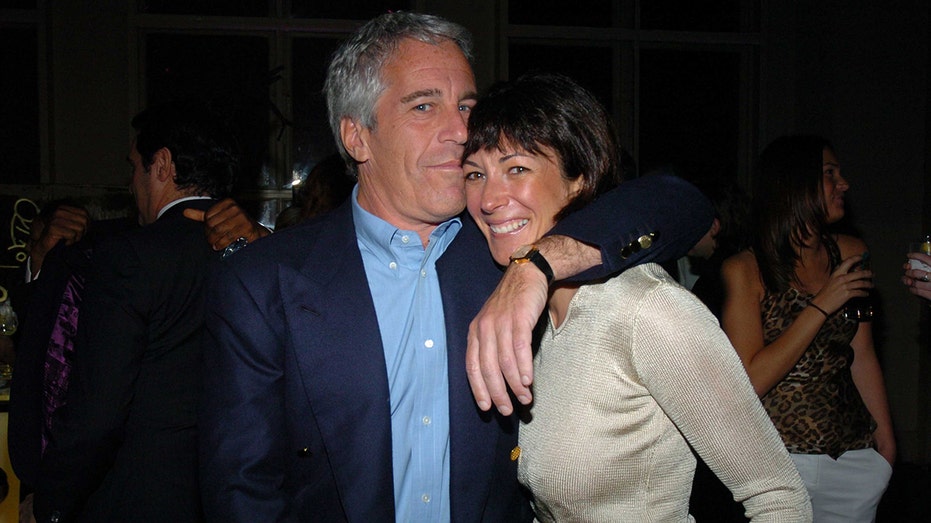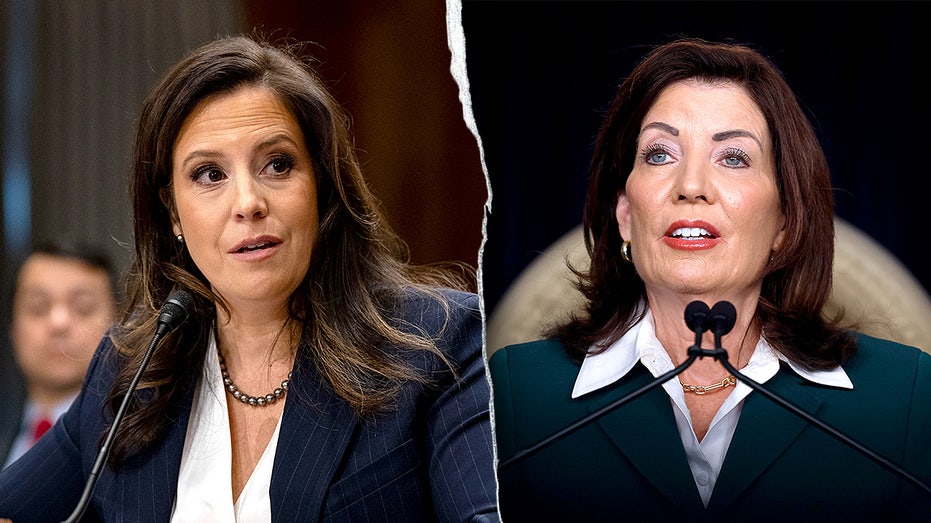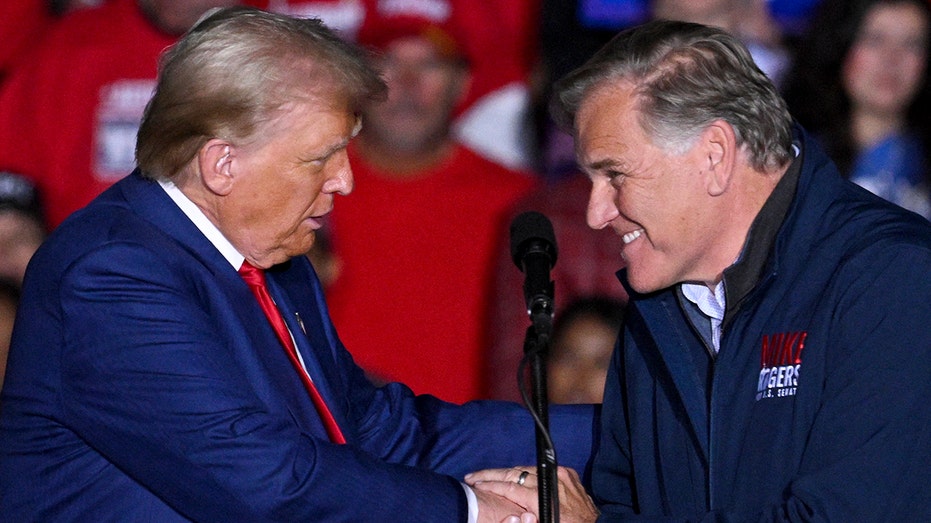A political firestorm erupted as newly released documents revealed previously undisclosed communications concerning Jeffrey Epstein and his connection to former President Donald Trump. The documents, made public by House Democrats, center on a 2011 email sent by Epstein to Ghislaine Maxwell, igniting a fierce back-and-forth between parties.
The email itself is stark. Epstein wrote of a “victim” who allegedly spent hours at his residence with Trump, a detail he emphasized had been conspicuously absent from public discussion. This message immediately became a focal point, with Democrats suggesting it indicated a deeper, more problematic relationship between Trump and the disgraced financier than previously acknowledged.
The White House swiftly countered, dismissing the release as a calculated political maneuver. Press Secretary Karoline Leavitt characterized the leak to the media as a deliberate attempt to smear the former President and divert attention from other pressing issues, including the recent resolution of a lengthy government shutdown.
Leavitt identified the “unnamed victim” referenced in the email as Virginia Giuffre, who has publicly stated that Trump was not involved in any wrongdoing and treated her with kindness during their limited interactions. The White House also pointed to Trump’s past decision to ban Epstein from his club after concerns about his behavior towards female employees.
Republicans echoed the sentiment that the released documents were selectively presented, accusing Democrats of “cherry-picking” information to generate sensational headlines. They also highlighted the fact that the Epstein estate had released a substantial volume of documents, yet Democrats were allegedly withholding records that implicated Democratic officials.
The debate is unfolding as Congress prepares to vote on a measure that would compel the Department of Justice to release all remaining documentation related to Epstein’s case. A discharge petition, nearing the signatures needed to force a vote, threatens to bypass leadership and bring the issue directly to the House floor.
Epstein’s death in 2019, ruled a suicide while awaiting trial on sex trafficking charges, left a legacy of unanswered questions and fueled demands for transparency. His extensive network of powerful contacts, including Trump, former President Bill Clinton, and Prince Andrew, continues to draw scrutiny.
While Trump has consistently denied any involvement in Epstein’s illegal activities, the newly surfaced email and the looming vote on the release of further documents promise to keep this controversial case at the forefront of the political landscape. The core question remains: what secrets are still hidden within the Epstein files, and who stands to be affected by their revelation?
The push for full disclosure is driven by a desire for justice for the victims and a demand for accountability. The potential release of the complete Epstein files could reshape the narrative surrounding the case and potentially implicate individuals across the political spectrum.






